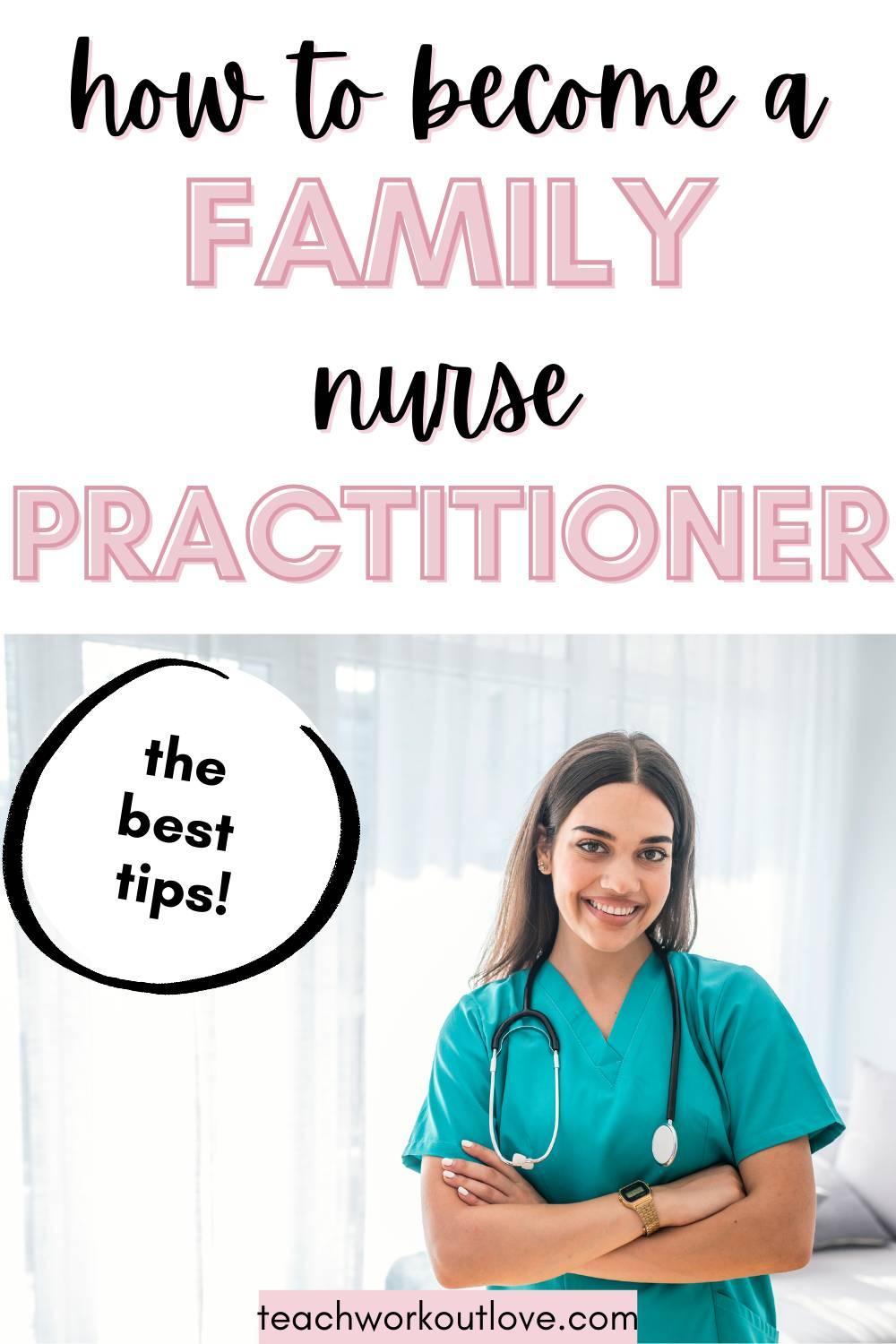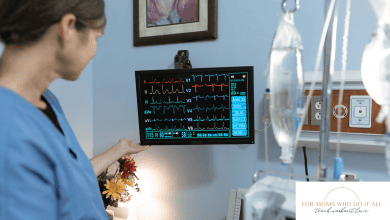
There are several different types of nurse practitioners, and a family nurse practitioner is a challenging and demanding career that combines medical knowledge and people skills. If you are passionate about helping others, and have an understanding of the importance of family centered healthcare, then becoming an FNP could be the ideal career choice for you.
What is an FNP?
Nurse practitioners are different from RNs. One of the main differences is that in some states, NPs can practice without the supervision of a physician. Nurse practitioners are non-physician clinicians, which means they take on many of the diagnostic and clinical functions of a medical doctor, despite not being trained as one, and a large focus of their work is on promoting wellness through patient education.
FNPs perform a range of tasks for their patients. They provide healthcare services to patients across all ages, genders, body systems and diseases, and their responsibilities include patient education, assessments, prescribing medications and preventative care.
How do you become an FNP?
In order to become an FNP, you will need to undertake many years of training and obtaining experience, qualifications and licenses. It is a rigorous process that will challenge you both professionally and personally. As NPs deliver nursing services that are advanced, a higher level of qualification is required.
When you are beginning your nursing training, you may not know which type of nursing you would like to specialize in, and working in general nursing can help you understand where your strengths and passions lie. The path to becoming an FNP can look something like this:
1. BSN
You will need to earn your Bachelor of Science in Nursing, which is the minimum requirement to become a nurse, and this normally takes around four years.
2. License
You need to pass the licensing exam in the state in which you want to practice in order to become an RN.
3. Clinical experience
This can help you understand the area of nursing you would like to specialize in.
4. MSN
In order to become a family nurse practitioner you will need to complete a Master’s of Science in Nursing, as this will give you the skills and experiences you will need to work in a more advanced, specialized area of nursing.
5. National Certification Exam
The boards that administer these exams change depending on your specialty.
6. State license
You will need to pass the licensing exam for the state you wish to practice as an FNP in.
Training to be an FNP will be a demanding process, but will leverage skills and knowledge you already have, as well as help you develop new skills and techniques to help you thrive in this advanced area of nursing.
What skills do you need?
As well as the technical skills you will learn during your training and experiences, there are certain personal traits that help to make a great nurse. Many nurses can have a more holistic approach to their patients than some other medical professionals.
In short, this means that they see the individual as a whole person, instead of just their injury or illness. You may take into account factors other than their physical health, such as social, environmental, psychological, cultural and religious issues. Key characteristics of a great nurse can include:
- Empathy – this is the ability to put yourself in the shoes of your patients in order to better understand their situation and emotions.
- Compassion – this is the ability to feel sympathy for a patient, combined with the desire to fix the thing that is causing them pain.
- Stamina – both emotional and physical. Nursing can be a physically demanding job, as you will be on your feet for many hours, and may have to move and lift equipment and patients.
- Critical thinking – you will need to be able to objectively look at a situation and make a judgment about it in order to come to the best solution.
When it comes to working in any nursing role, these are incredibly useful skills to have. They can continually be developed and adapted to new situations, to make sure that you are delivering the highest level of care to your patients as possible. Studying to be an FNP can be done alongside your current role and shifts, which makes it a flexible and achievable option. This is a very rewarding type of nursing, as you may often work with whole families throughout their lives, giving you the opportunity to build relationships with them and help them thrive.
This post contains affiliate links and I may receive a commission, at no additional cost to you, should you purchase through one of my links. Please see my disclosure for more information.









